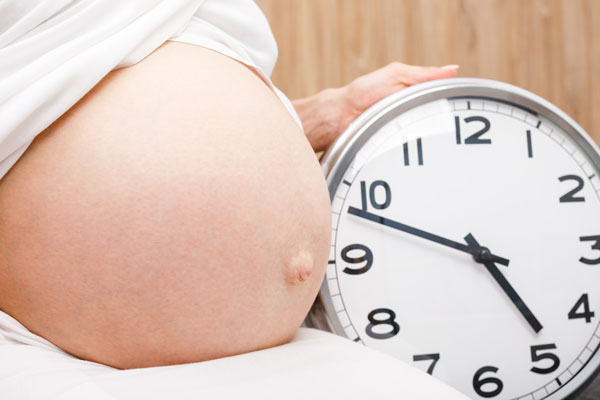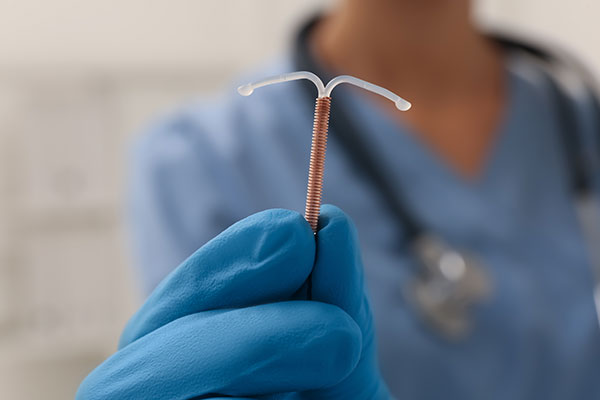The final weeks of pregnancy are filled with anticipation and excitement, as expectant mothers and their families eagerly await the arrival of their new addition. Knowing the signs that labor is near can help you feel more prepared for the big day. At North Pointe OB/GYN in Cumming, we are committed to guiding and supporting our patients through every step of their pregnancy journey, including the final stages leading up to labor. Here are five signs that suggest labor might be just around the corner.
1. Lightening
One of the first signs that labor is approaching is known as “lightening.” This occurs when the baby drops lower into the pelvis, getting into position for birth. Lightening can happen a few weeks or just a few hours before labor begins. It can lead to increased pelvic pressure and more frequent urination, as the baby’s head puts pressure on your bladder. While it might make moving around a bit more challenging, many women find they can breathe a little easier after lightening occurs because there’s less pressure on the diaphragm.
2. Increased Braxton Hicks Contractions
Braxton Hicks contractions are often referred to as “practice contractions” and can occur throughout your pregnancy. However, as you approach labor, these contractions may become more frequent and intense. Unlike true labor contractions, Braxton Hicks are usually irregular, don’t get closer together over time, and can often be relieved by changing positions or moving around. If your contractions begin to form a regular pattern and continue to increase in strength, it’s a sign that you’re moving closer to actual labor.
3. Nesting Instinct
Many women experience a burst of energy and the urge to prepare their home for the baby’s arrival, known as the nesting instinct. This can include organizing the nursery, cleaning the house, or cooking meals to freeze for after the baby’s born. While the nesting instinct can vary in intensity and can occur at different times in your pregnancy, a sudden urge to nest close to your due date can be a sign that labor is approaching.
4. Changes in Vaginal Discharge
As your body prepares for labor, you may notice an increase in vaginal discharge that is clear, pink, or slightly bloody. This is called the “bloody show” and happens when the mucus plug that has sealed the cervix during pregnancy dislodges. The loss of the mucus plug can occur days before labor starts or at the onset of labor. An increase in vaginal discharge or a noticeable “bloody show” can be an indicator that labor is imminent.
5. Water Breaking
Perhaps the most well-known sign of labor is the breaking of your water, or the rupture of the amniotic sac. While it’s a definitive sign that labor has begun or will soon, it’s worth noting that only about 15% of women experience their water breaking before labor starts. If your water breaks, it can feel like a sudden gush or a steady trickle of fluid. This is the time to contact your healthcare provider and head to the hospital, as labor could be close or already underway.
Preparing for Labor
Recognizing these signs of labor approaching can help you feel more prepared for the birth of your baby. At North Pointe OB/GYN in Cumming, we encourage expectant mothers to familiarize themselves with these signs and to discuss any questions or concerns they may have during their prenatal visits. Our team is dedicated to providing the support and care you need as you embark on the incredible journey of childbirth. Remember, every pregnancy and labor experience is unique, so it’s important to stay in close communication with your healthcare provider as your due date approaches.




